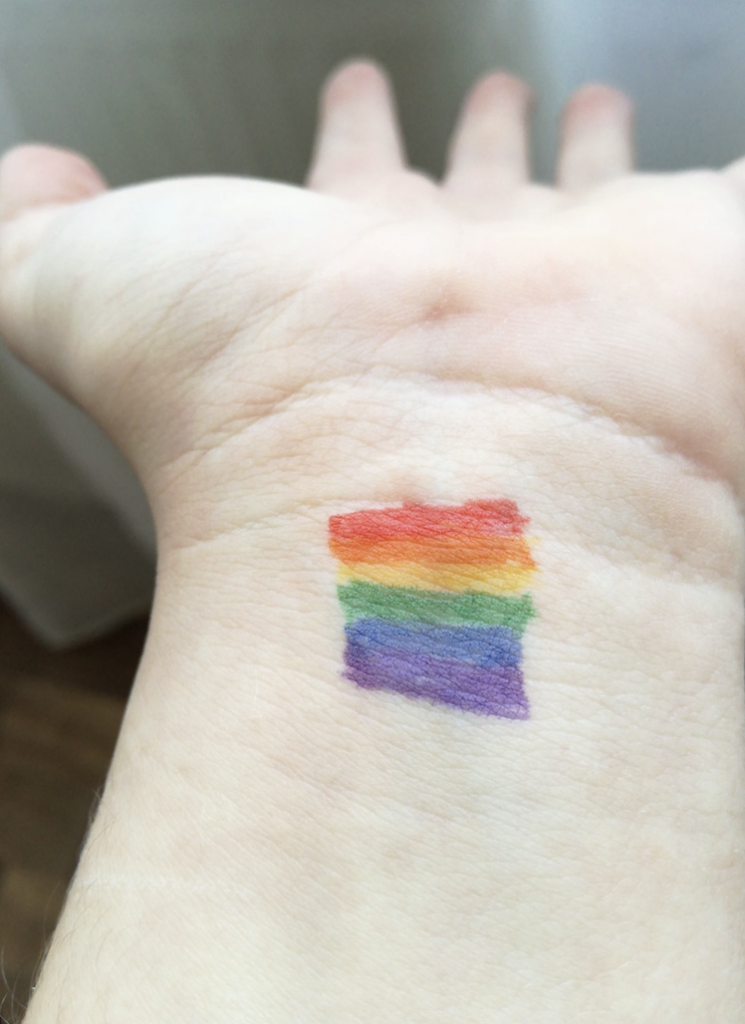Domestic Violence in the LGBTQ Community

Intimidation by use of coercion/threats, emotional abuse, financial abuse and physical violence are all tactics that abusive individuals use on their partners regardless if the abuser is in a heterosexual or same-sex relationship. Domestic violence does not distinguish between sexuality; however, members of the LGBTQ community often face additional hurdles that do not exist in a heterosexual relationship.
Fear of being outed
One particular aspect that is unique to same-sex relationships is the abusive partner’s threat to “out” or expose their partner’s sexual orientation as a way to control and isolate their partner. This type of threat often makes it less likely that an individual in an abusive same-sex relationship will seek help for the abuse due to fear of being rejected by one’s peers or family members as a result of being outed.
Discrimination
Another unique aspect that individuals in an abusive same-sex relationship encounter is the social discrimination that is often directed at the LGBTQ community. For those in the LGBTQ community who have faced discrimination, seeking help from the society that has discriminated against them in the past can feel like a lost cause. Therefore, many of those who are in abusive same-sex relationships do not even attempt to seek help due to fear of being discriminated against. In some circumstances, members of the LGBTQ community may even be denied services due to discrimination or homophobia.
Lack of resources
For the individuals who choose to seek help for domestic violence, another barrier LGBTQ members may face is lack of resources. For example, many domestic violence shelters do not accept males, making it impossible for males or transgender women (individuals born male but identify as female) in an abusive relationship to find a safe place to stay or access resources. Also, many of the organizations that offer services to those in an abusive relationship do not provide adequate training and education to employees in regards to working with the LGBTQ community, which can lead to the individual seeking help feeling misunderstood or discriminated against. Providing education on the LGBTQ community and implementing practices such as not making assumptions about the gender of your client and asking for your client’s gender pronoun, including LGBTQ friendly language on forms and documents, and familiarizing yourself on other local and national LGBTQ resources can help create a more welcoming, safe environment for an individual in the LGBTQ community who is seeking help.
It is important that we, as advocates for those experiencing domestic violence, make every effort to remove the barriers listed above so that any person, regardless of their sexuality, can have access to resources that will help free them from abuse and move towards safety and independence. Regardless if you are in a heterosexual or same-sex relationship, every individual deserves to have a safe, healthy relationship.
Written by Anna Fagan, family advocate at Genesis Women’s Shelter & Support
